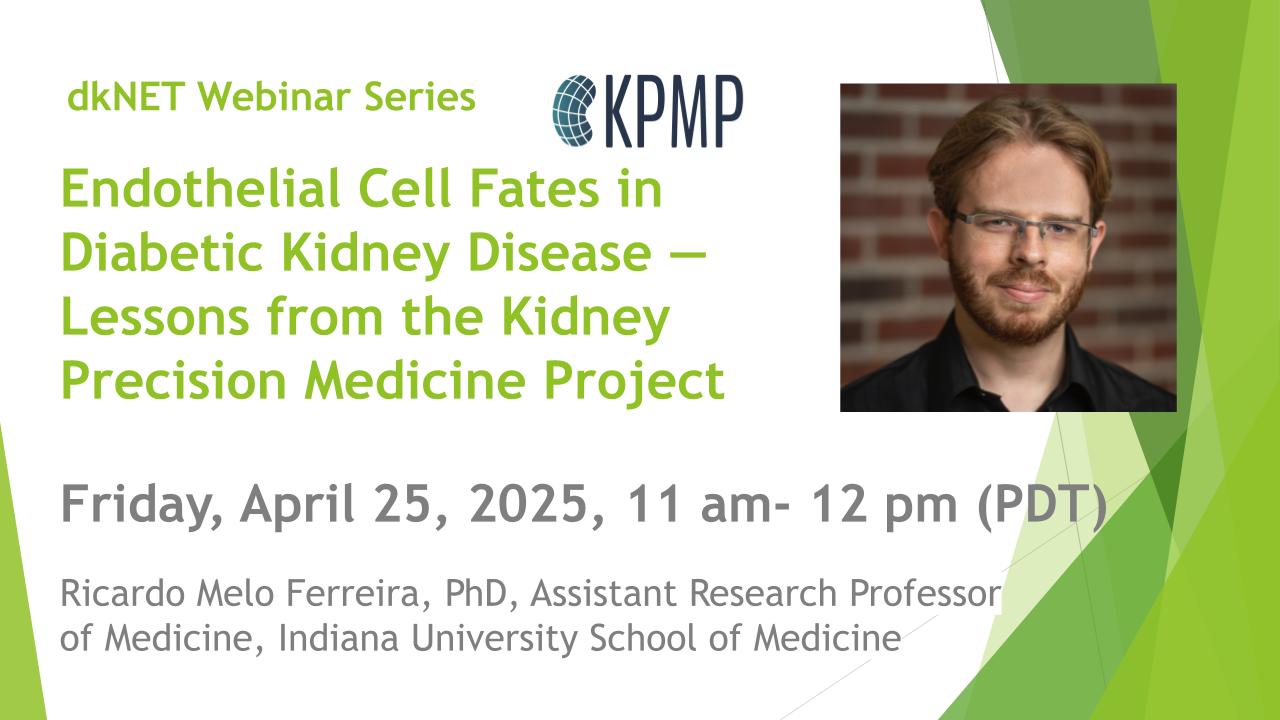Leaving Community
Are you sure you want to leave this community? Leaving the community will revoke any permissions you have been granted in this community.
[Recorded Webinar is Available Now!] dkNET Webinar "The Pediatric Obesity Metabolome and Microbiome Study (POMMS): Characterization of Pre- and Post-Intervention Microbiome and Metabolome in Adolescents with Obesity"
*Watch recorded webinar here: https://youtu.be/eWdMUoEQpzs

Join dkNET Webinar on Friday, March 11, 2022, 11 am - 12 pm PST
Presenter: John F. Rawls, PhD (Professor) and Jessica R. McCann(Senior Research Associate), Departments of Molecular Genetics & Microbiology, Duke Microbiome Center, Duke University School of Medicine
Abstract
Pediatric obesity strongly predicts adult obesity as well as metabolic and cardiovascular disease. However recommended interventions result in a heterogeneous response and underlying predictive factors for treatment success remain unknown. We designed the POMMS study (https://sites.duke.edu/pomms/) to characterize the microbiome and metabolome in adolescents with obesity (OB) at baseline when compared to an age-matched healthy weight control group (HWC), and in response to weight loss intervention. We enrolled a racially and ethnically diverse group of 223 adolescents aged 10-18 years with Body Mass Index (BMI) >= 95th percentile, along with 71 HWC participants. We collected clinical data, fasting serum, and fecal samples at repeated intervals over a 6 month intervention. Here we present clinical data, targeted serum metabolite measurements, fecal 16S rRNA gene amplicon sequencing as well as fecal microbiome shotgun sequencing of samples from adolescents both at baseline and study completion. We found that clinical correlates such as insulin levels at baseline were associated with intervention outcome. While adolescents with OB had predictably higher clinical lab values when compared to HWC counterparts, we found evidence of a metabolite signature that appears to be unique to adolescents with OB and unlike adults with OB. Several targeted metabolites and specific microbial taxa at baseline were significantly associated with OB versus HWC status, or with changes in BMI or insulin resistance scores following the intervention. Preliminary analysis of microbiome shotgun sequencing suggested that distinct metabolic and enzymatic pathways encoded by the microbiome were associated with OB v HWC status at baseline. Fecal microbiome transplant studies using gnotobiotic mice have previously established that microbiomes from adult donors with OB are sufficient to promote weight gain, adiposity, and associated metabolic signatures. However, it remained unknown whether microbiome from adolescents with OB has similar causal roles. We colonized germ-free mice with fecal slurries from baseline and 6-month patient samples. Physiologic and metabolic outcomes were compared with those from mice colonized with age matched HWC fecal slurries. While metabolomic and longitudinal sampling results from these FMT studies are pending, we found that starting weight of the recipient mice had the strongest association with weight gain, followed by OB versus HWC status of the donor. In conclusion, we identify a unique metabolomic and microbiome signature of obesity in adolescents, features of which could be used to predict intervention outcome.
The top 3 key questions that POMMS can answer:
1. Biosample and data set of microbiome and metabolome from a diverse group of adolescents with and without obesity.
2. What clinical, microbial, and metabolic features are associated with weight loss over a 6 month intervention?
3. What clinical, microbial, and metabolic features separate healthy weight adolescents from adolescents with obesity?
Dial-in Information:
Date/Time: Friday, March 11, 2021, 11 am - 12 pm PST
https://uchealth.zoom.us/meeting/register/tZEvd-qqqzwjG9P7rVepWAxbrOUhL6SgD2FU
Upcoming webinars schedule: https://dknet.org/about/webinar





